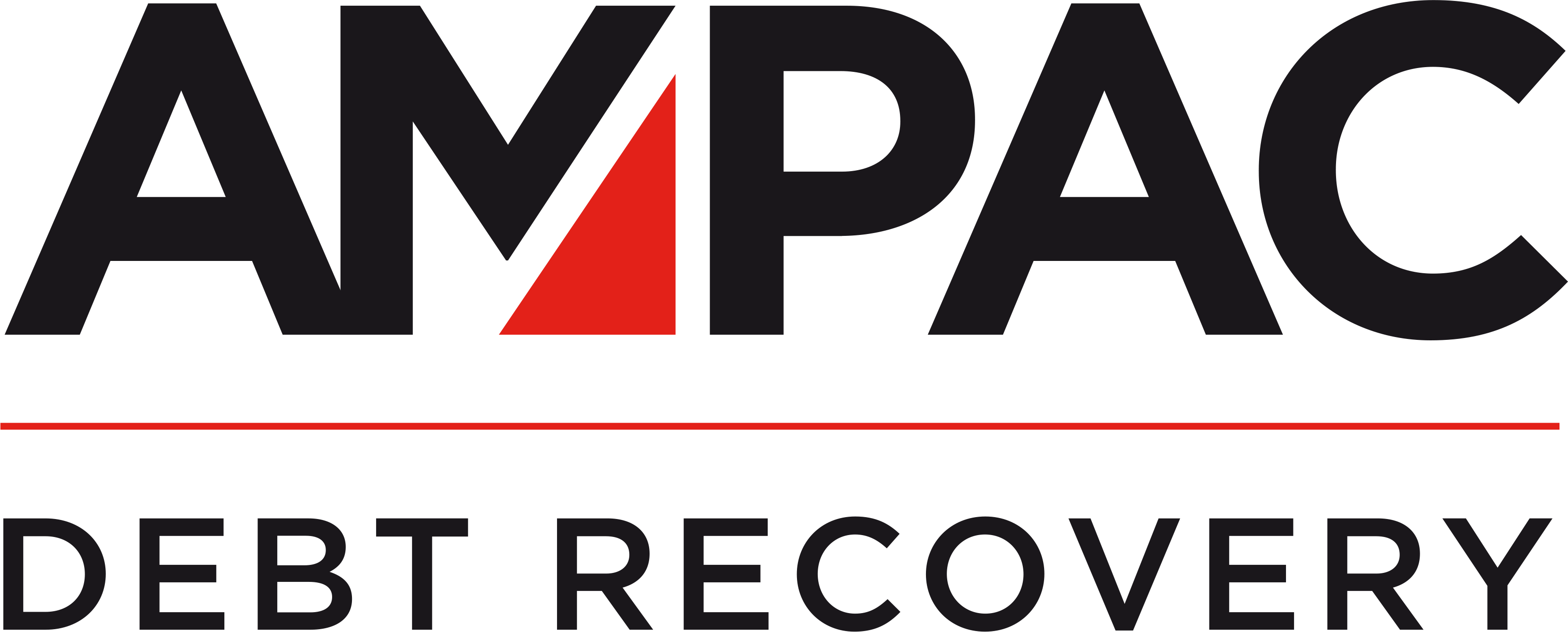Home / The Importance of a Credit Control System
It is a well-known fact that the longer a debt remains unpaid, the more difficult it becomes to collect. Many people find chasing overdue debts uncomfortable, so they keep putting off the inevitable which further reduces the likelihood of recovery.
It’s also a well-known fact that your customers will try to hang on to their money for as long as they can in order to preserve their own cash-flow. Sometimes the worst offenders are large corporations that use their dominant position to take advantage of smaller businesses. So what can you do to help protect yourself from these risks?

1. Negotiate your payment terms on a client by client basis, particularly with the larger ones. If a prospective client indicates that their standard payment terms are 60 days, make the time to have a conversation with them about the impact on your business, and try to negotiate more favourable terms. Many times, simply having this conversation will result in a better outcome, and your client will respect the fact that you are bold enough to raise it as an issue. As a debt recovery company, we deal with many major corporations where their standard payment terms are 60 days and almost every time we put up an argument to reduce the terms, we are able to negotiate a more favourable outcome – you should try it too.
The most common causes of business failure include bad debts and cash-flow problems. Often the two go hand-in-hand, so it is essential that someone in your business is keeping a close eye on things. One of the challenges for SME’s is that often the owner, or senior manager is pulled from pillar to post in the business and simply does not have the time to focus on receivables with any consistency. If this is the case, then the first thing that you need to do is to appoint a person in your business who is responsible for following up debtors. This doesn’t have to be a full time role, but nevertheless, it is a vital one.
Develop a simple system of credit control that applies to all your customers and make sure you use it. At a minimum your Credit Control System should include:
1. Verify who you are dealing with. At the very least confirm the legal entity with whom you will trade and check for any adverse information.
2. Keep in regular contact with your customers, were you discuss payment of their account. This builds rapport which in turn will result in you being paid earlier.
3. Develop a mechanism to resolve disputes or account queries promptly. If you leave issues unresolved, there will be no urgency in the customer’s mind to clear your overdue account.
4. Use the reminder email and telephone script (referred to in point 3 above) as soon as the account becomes overdue.
5. And finally, seek help from an organisation you trust as soon as you feel there is a problem. If there is a problem, and you have already attempted to resolve it, it usually doesn’t go away on its own!
If you need assistance recovering an overdue debt, or want to learn more about implementing a simple system of credit control, contact AMPAC at sales@4ampac.com.au or call us on 1300 426 722.

Do you have debt that needs recovering? Are you unsure on where to start? Contact AMPAC Debt Recovery for solutions today and speak to one of our qualified consultants to get you started.
Please fill in your details below to get instant access to Selecting the Right Collection Agency for Your Business